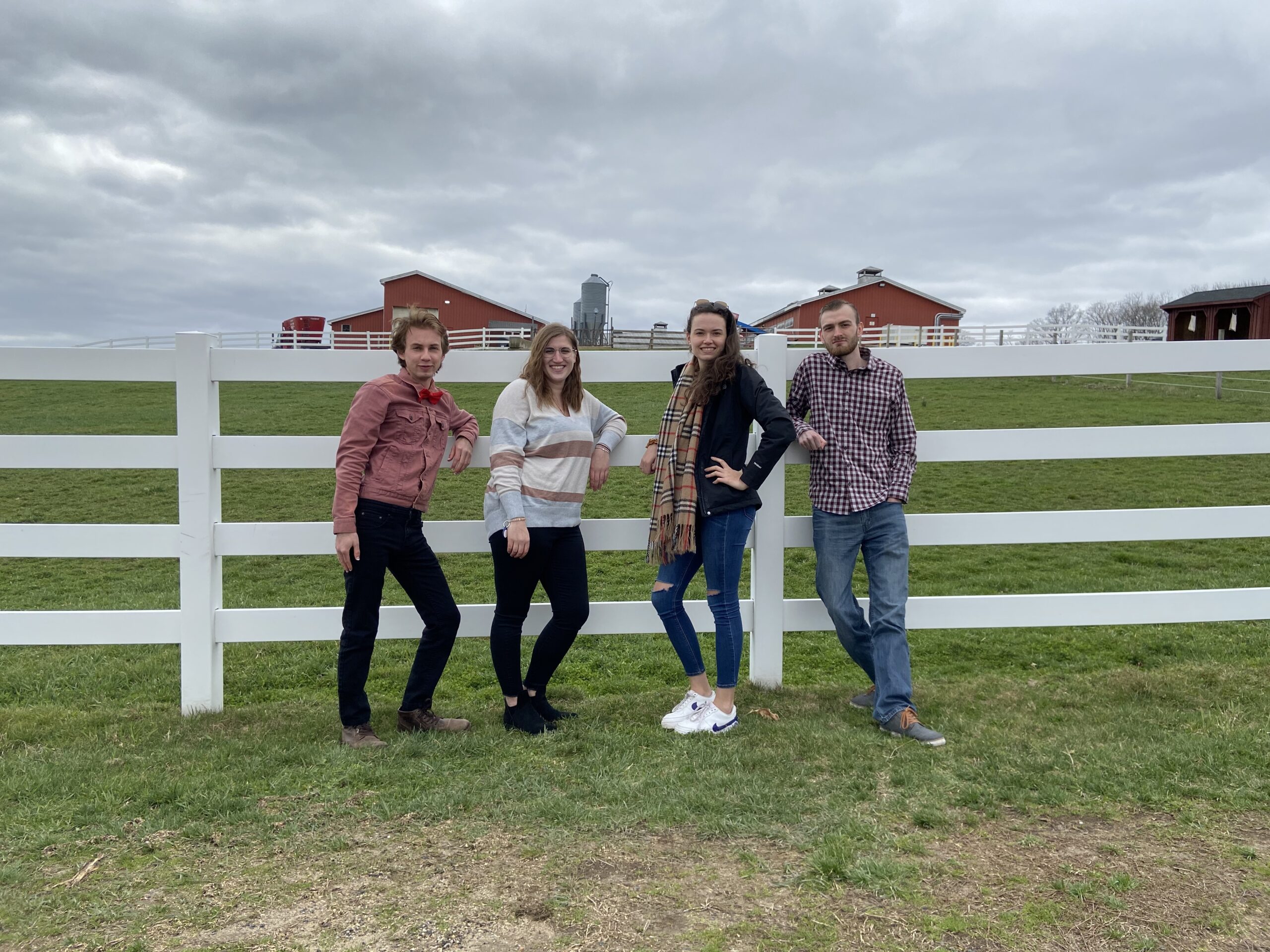
Team 7
Team Members |
Faculty Advisor |
William Day |
Dr. Kristina Wagstrom Sponsor Other |
sponsored by

Manure management is a consistent challenge facing dairy farms across the U.S. The difficulties from excess manure causes farms to seek creative methods for disposing animal waste. One of these methods is the biogas digester. A digester is a large-scale reactor and separator system that processes manure into two usable products: methane gas and a liquid distillate high in nutrient concentration. Because of the economic and environmental pressure manure management puts on small farms, anaerobic digesters are an attractive and profitable solution to process livestock waste. The goal of this project was to design an anaerobic digester for Freund Farm, and determine its environmental, economic, and logistical feasibility. The team designed the engineering process, including manure collection and transport, the parameters of the reactor chamber, and separation and storage of the final products. Using computer software and hand calculations, the team calculated the theoretical methane production, emissions reduction, and financial viability of the design. Furthermore, the team considered the environmental, economic, and ethical impacts of a digester. Potential health impacts include the environmental risk to workers, animals, and nearby residential communities. Safety considerations include mechanical malfunctions, chemical exposure, and explosions. By collaborating with our project sponsor, the team created a design that improves on, and increases the revenue from the farm’s manure management process. The results from this project will let the local CT farm to not only digest 100% of their manure, but profit from the biogas production.
